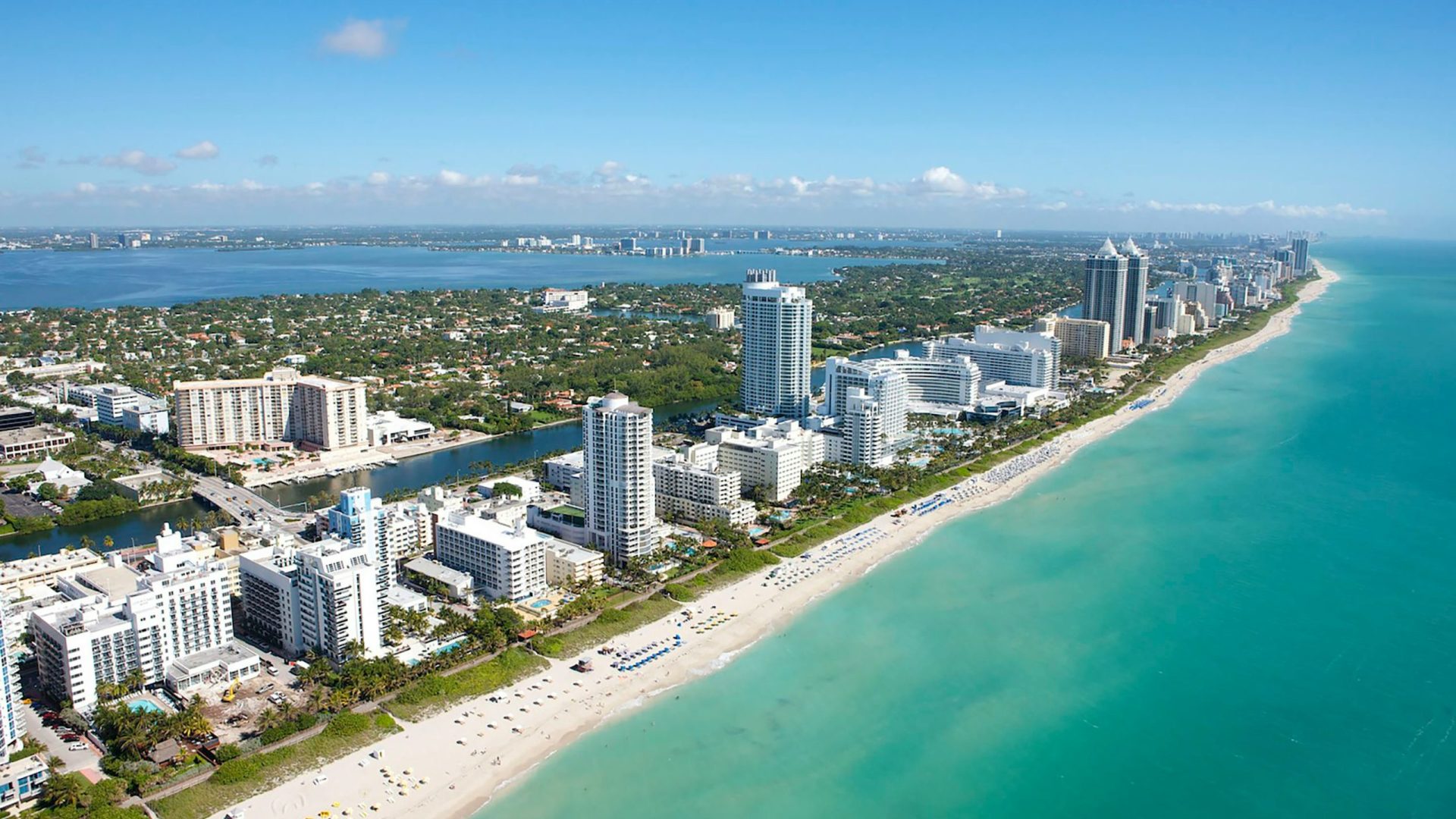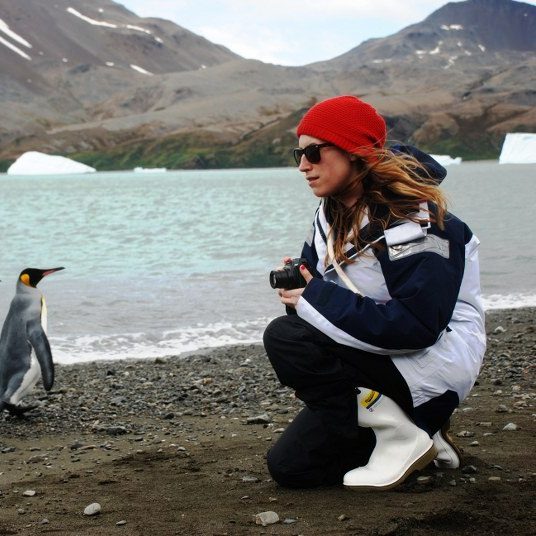
Cities known for their party culture are aggressively rejecting boisterous tourists. Will it work?


Cities known for their party culture are aggressively rejecting boisterous tourists. Will it work?
Reverse psychology often works in advertising. Think about that old Patagonia ad, “Don’t buy this jacket,” and REI’s years-long tradition to shut down even its online shopping on Black Friday. But when Miami Beach says it doesn’t want spring breakers anymore, they’re not just playing hard to get—and it seems the earnestness is working.
“It’s not us, it’s you,” one woman says in Miami Beach’s new campaign to “break up” with spring break. “We just want different things.”
The new campaign was launched earlier this year in an attempt to prevent crime, drunken rampages, car accidents, and shootings that have been tied to college students’ annual pilgrimage to the beach. Last year, the city hosted daytime events like art, music, and yoga festivals and a volleyball tournament, in hopes that sober activity options would help inspire better behavior. “Yet the violence and street chaos continues at night,” the Associated Press reported a year ago. “All night.” Two people were shot and killed during the chaos, the third consecutive year of vacation-related violence.
You might think that it would take more than a one-minute warning video to deter hardy partiers, but flights between the UK and Amsterdam dropped 22 percent in 2023, when compared to 2019 numbers.
One city resident, Bert Nap, said he’s seen fewer rowdy tourists since the campaign started. “We’ve noticed that the number of stag party-type visitors is less than before,” he said, according to The Guardian. “Just after Covid it came back full force. Then came the ‘stay away’ campaign and we have indeed noticed a decrease in the kind of visitor who goes absolutely wild.”
But again, the campaign had its critics. The Guardian reported that at least one travel expert wondered whether it was easy for the city to target tourists who are no longer EU citizens, post-Brexit, which gives the impression of doing something about the problem without the consequence of backlash from people who are entitled to be there.
Aside from a verbal breakup, the city also announced in advance that it would increase the presence of law enforcement, instate temporary weekend curfews, restrict beach access, and conduct more bag checks and driver checkpoints. So far, the campaign seems to be having the desired effect, according to recent local news reports that say crime is down compared to last year. In the first three weeks of March, there were 26 percent fewer felony arrests, no stampedes, and no shootings.
Even still, the city’s breakup campaign isn’t universally supported by local businesses and residents. Some told the Associated Press recently that they think the crackdown is racially motivated and associated with an increase in Black tourists visiting the city. Others are concerned that dissuading any visitors is bad news for businesses that rely on an influx of spring break money. But the longstanding tradition of turning the city into a frat party is no longer working for its residents, government officials say.
“The status quo and what we’ve seen in the last few years is just not acceptable, not tolerable,” Miami Beach Mayor Steven Meiner said, according to the AP.
Miami Beach isn’t alone. Its breakup follows in the footsteps of Amsterdam’s “Stay Away” campaign last year, which was intended to deter tourists who come for drinking, drugs, and sex tourism and who often end up getting arrested for bad behavior. But instead of broadly rejecting all ‘bad’ tourists, the campaign took heat for targeting only British men between the ages of 18 and 35. The campaign turned up in results for search terms like “stag party Amsterdam,” offering would-be travelers videos of men being arrested in hopes of dissuading them from coming in the first place.
And in Playa de Palma, Spain, businesses collaborated on a joint dress code to refuse entry to anyone who seemed to be participating in “drunken tourism.” The rules debuted in 2022 and barred guests from dining in swimsuits, umbrella hats, football kits, and other souvenir accessories.
Back in Miami Beach, spring break isn’t over just yet—and of course, it will happen again next year. Only time will tell whether the breakup will stick.
***
Adventure.com strives to be a low-emissions publication, and we are working to reduce our carbon emissions where possible. Emissions generated by the movements of our staff and contributors are carbon offset through our parent company, Intrepid. You can visit our sustainability page and read our Contributor Impact Guidelines for more information. While we take our commitment to people and planet seriously, we acknowledge that we still have plenty of work to do, and we welcome all feedback and suggestions from our readers. You can contact us anytime at hello@adventure.com. Please allow up to one week for a response.

Kassondra Cloos is a travel journalist from Rhode Island living in London, and Adventure.com's news and gear writer. Her work focuses on slow travel, urban outdoor spaces and human-powered adventure. She has written about kayaking across Scotland, dog sledding in Sweden and road tripping around Mexico. Her latest work appears in The Guardian, Backpacker and Outside, and she is currently section-hiking the 2,795-mile England Coast Path.







Can't find what you're looking for? Try using these tags: